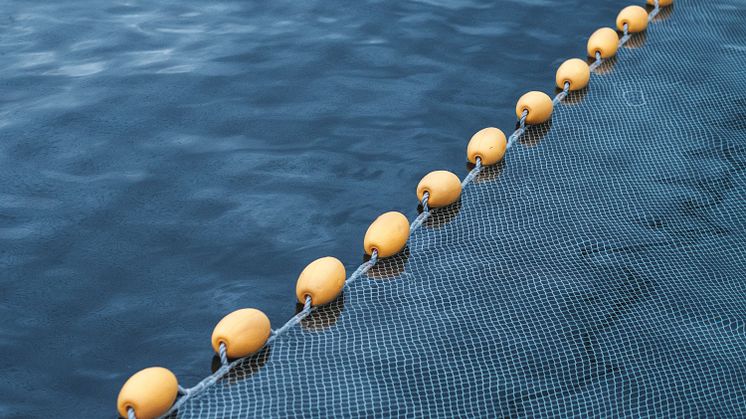Cermaq Sustainability report for fiscal year 2024 is out
This report covers our salmon farming operations in Canada, Chile, and Norway, with consolidated data at group level. It also includes selected insights from our commercial offices.

This report covers our salmon farming operations in Canada, Chile, and Norway, with consolidated data at group level. It also includes selected insights from our commercial offices.

With the 2023 report, Cermaq is changing its sustainability reporting to meet the new mandatory requirements in EU regulation (CSRD) from 2025.
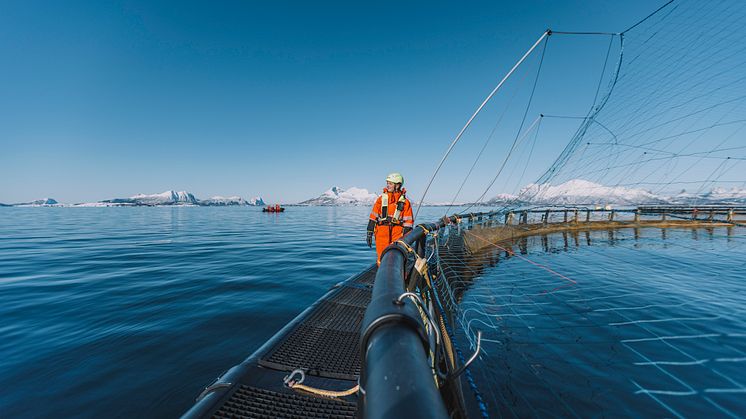
To find the plastic footprint of salmon farming, Cermaq has registered all plastics used in a smolt facility, a sea site, and a processing plant over one year. Cermaq pilots this plastic project for Global Salmon Initiative.
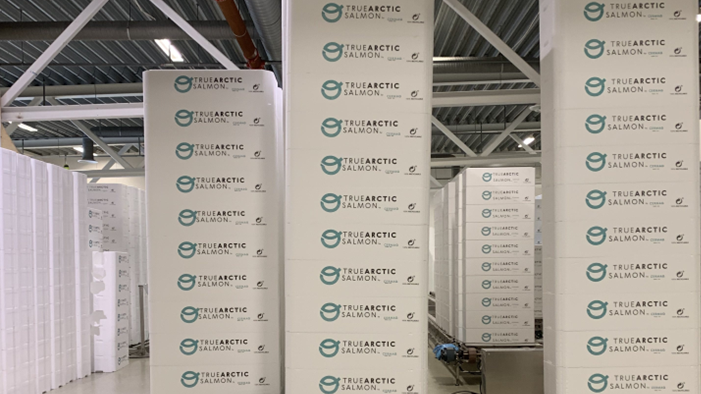
Is salmon farming sustainable? It is when done right. In Cermaq’s sustainability report we present how we address the challenges in producing healthy seafood in a sustainable way and our ambition to do more.
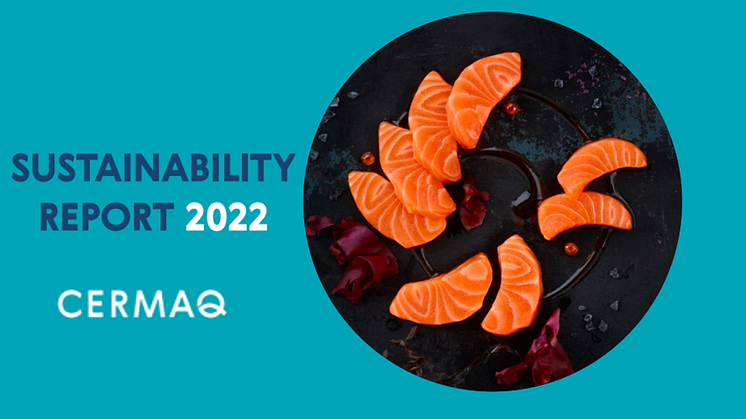
Reference is made to the previously disclosed class-action complaints in the US against Cermaq and five other producers and/or sellers of Norwegian salmon (together with certain of their subsidiaries) (collectively referred to as the Defendants), over claims concerning anti-competitive behaviour. While all Defendants reject that there is any basis for the claims and consider the complaints to be e
by Lars Galtung
Director Communication and Sustainability
Our planet faces multiple and urgent problems, and the recent report from UN panel IPCC affects us all; as consumers, and local citizens, and it brings clear messages to our politicians.
Climate changes are already here
The climate changes impact us, and they impact the earth's ability to produce food in the future. We must re
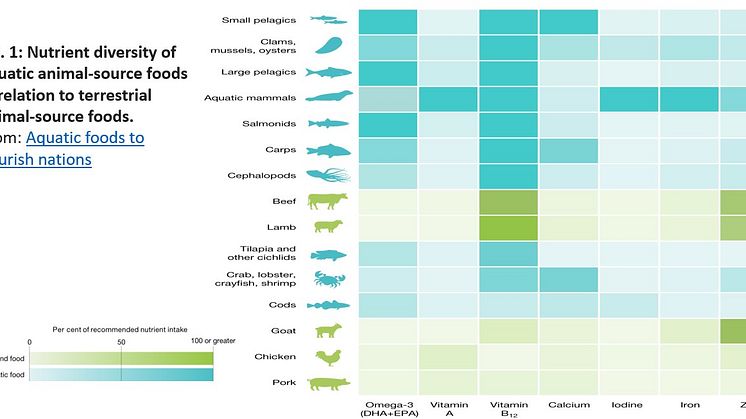
Cermaq regrets to announce that it has decided to not participate in the Seafood Expo North America in Boston in March due to the Covid situation.
During this challenging period, our focus has been our customers, managing uncertainty and being a reliable supplier. In the current situation we cannot risk that participation in Boston may have negative impact on our contingency and availability to
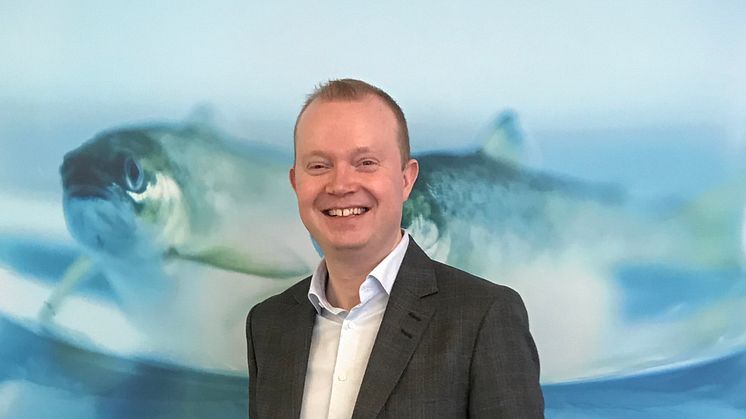
Cermaq aims to use artificial intelligence and machine learning for facial recognition of each fish in a farming site. Providing each fish with a health certificate and being able to give each fish adapted follow-up, will secure fish health and welfare. Now, the first version of the iFarm sensor that will identify and recognize each fish has been put into sea.
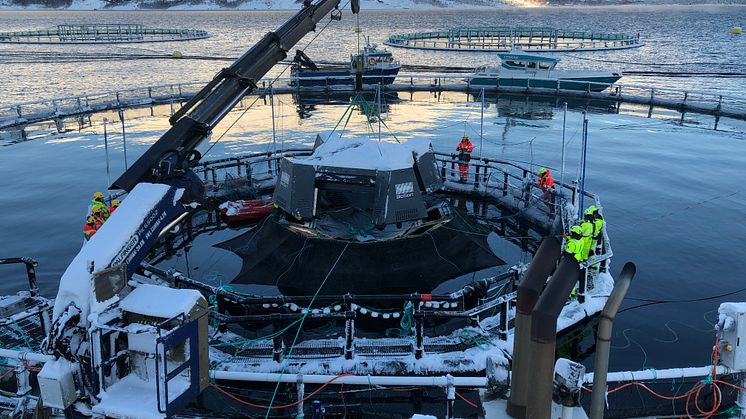
The Brazilian soy suppliers to the salmon industry, CJ Selecta, Caramuru and Imcopa, will implement a 100 percent deforestation free soybean value chain with 2020 as their cut-off date. No soy grown on land deforested after this deadline will be traded.
This is a bold and historic move that sets a new benchmark for global sustainable supply chains. As a result, the majority of the global farmed
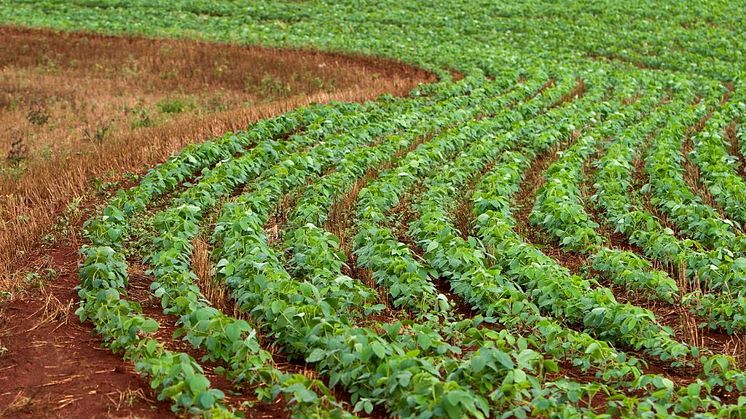
For the first time in the history of seafood production, ten of the largest seafood companies in the world have committed to a set of time-bound and measurable goals that will ensure the industry becomes more sustainable. The goals are the result of four years of dialogues through the science-industry initiative Seafood Business for Ocean Stewardship (SeaBOS).
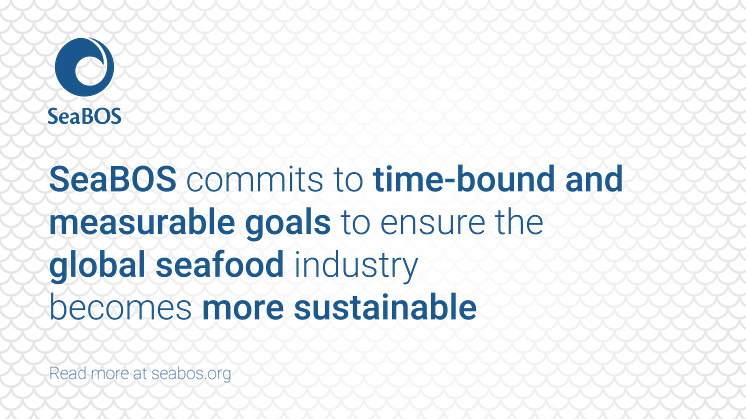
UN is critical to achieve global transformation needed to achieve the SDGs. That is why Cermaq engages in the UN and in particular the GC action platform for ocean industries, says CEO Geir Molvik, .
https://www.unglobalcompact.org/news/4589-09-21-2020
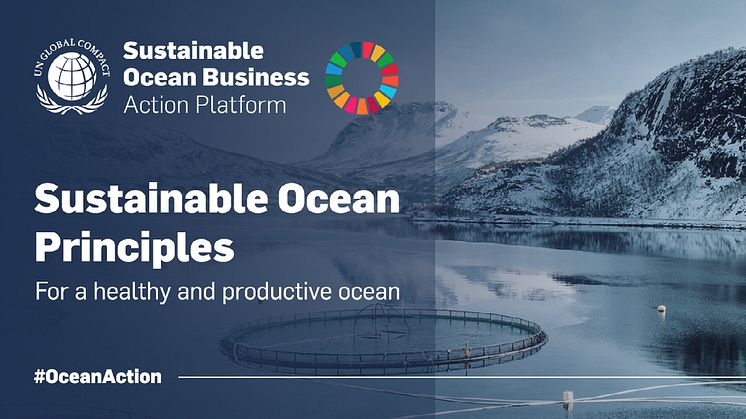
During a routine sampling at our seawater site Ensenada Rys located in XII Region, a ISA virus was detected on one of the pens at the site. There has been no signs of disease or elevated mortality.
